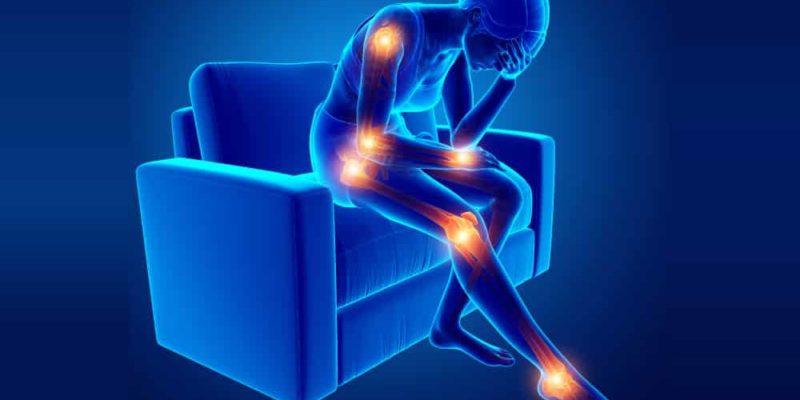Fibromyalgia is a disorder that causes chronic musculoskeletal pain. It is usually characterized by changes in sleep patterns, memory loss, fatigue, and mood swings. At Boston MindCare, PC, Jason Yee, MD, is your lead Lexington anesthesiologist skilled in providing fibromyalgia pain relief treatment options like the use of ketamine.
More about Fibromyalgia
Fibromyalgia affects the processing of painful and non-painful signals by the brain and spinal cord, causing painful sensations to amplify.
Fibromyalgia is more likely to develop in women than in men. Other conditions such as suffering from anxiety, depression, tension headaches, temporomandibular joint (TMJ) disorders, and irritable bowel syndrome make you vulnerable to develop fibromyalgia.
Symptoms of fibromyalgia
Fibromyalgia symptoms can cause pain in many areas of your body. Symptoms can appear without any obvious triggers. However, they mostly appear after a traumatic event like physical injuries from an accident or psychological trauma, surgery, or an infection.
The key symptoms of fibromyalgia include;
- Chronic widespread pain- The pain associated with fibromyalgia can persist for at least three months. Patients usually report feeling constant widespread dull aches on both sides of their body and around the waist area.
- Severe fatigue- Even after sleeping for long periods, fibromyalgia patients complain of waking up feeling tired. Most times sleep is disrupted by pain. Furthermore, most fibromyalgia patients suffer from other underlying sleep disorders that disrupt sleep, for example, sleep apnea and restless legs syndrome.
- Fibro log- This symptom is characterized by cognitive difficulties like decreased ability to concentrate on one task, causing planning and decision-making problems.
Other symptoms may include:
- Increased sensitivity to touch
- Migraines and other types of persistent headaches
- Interstitial cystitis or painful bladder syndrome
- Postural tachycardia syndrome
- Temporomandibular joint disorders
- Irregular sleeping patterns
- Numbness or stiffness
- Tingling or burning
- Anxiety
- Depression
- Irritable bowel syndrome
Causes of fibromyalgia
It is not clear what causes fibromyalgia. However, researchers believe the symptoms result from the changes inside your brain due to increased levels of certain neurochemicals that make your body more sensitive to pain. It is also thought that the condition may be linked to genetic mutations, making you likely to develop fibromyalgia after experiencing a traumatic event.
Treatment of fibromyalgia
There is no cure for fibromyalgia. However, specific treatment plans can help manage the symptoms. Your health care provider might recommend taking certain pain relievers and muscle relaxants to minimize pain sensations and/or sleeping aids to reduce sleep interruptions. Some psychiatric medications can also assist in managing fibromyalgia symptoms such as anxiety and depression.
At Boston MindCare, PC, Jason Yee, MD, uses different treatment options when dealing with fibromyalgia, such as nasal sprays and injections. He also uses ketamine, which is an anesthetic that alters NMDA receptors in your brain. When these receptors are blocked, certain biochemical pathways in your brain are activated and new synapses developed. The formation of new synapses helps to restore your brain’s structure and functioning.
To learn more about fibromyalgia and find relief from its symptoms, call Boston MindCare, PC, or schedule an appointment online to be paired with the best-trained anesthesiologist.













Comments